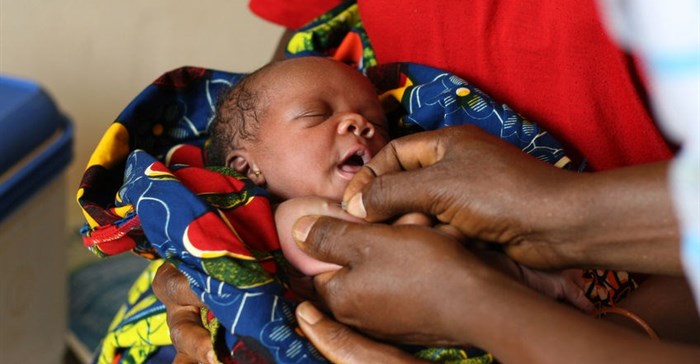
Top stories






More news
















A thesis by Dr Elvis Kidzeru, which researched South African infants and their HIV-infected and uninfected mothers recruited from Khayelitsha in Cape Town, could have a far-reaching impact on the fight against the spread of HIV and mother-to-child transfer.
“The results show that high frequencies of MDSC are present at birth, but decrease with age in infants,” sys Dr Kidzeru. “This may enhance the effect of MDSC on vaccine responses to be short-lived and may depend on the type of antigen stimulation.”
“The ultimate goal is to design interventions to improve and better understand the health of HIV-exposed but uninfected infants (HEU); a highly vulnerable group of infants and most importantly to develop a vaccine. These types of studies are made more powerful when assessed in different population groups. Our team is also trying to understand the effects of HIV exposure in an independent cohort in Nigeria,” he says.
Dr Kidzeru chose this area of research because of his desire to do work that could have a positive impact on the health of people living in rural areas.
“Growing up in Nso, a village in the North West of Cameroon, I am no stranger to infectious diseases,” he says. “Loved ones were not spared by the disease burden, not only because of the scarcity of medication, but also because of the lack of proper and timely diagnosis of the infections.”
It is studies like these that promise successful intervention in disease prevention and help in creating interventions that are created specifically for infants.
“Employing immunological techniques and findings from our studies and that of others, there is potential for the greatest benefit of the population to design innovative interventions to improve infant morbidity and mortality,” says Dr Kidzeru. “These studies should provide novel information on the immunogenicity of HIV-exposed uninfected infants, not only for a vaccine, but also vaccination strategies tailored to HIV-exposed uninfected infants.”
He also noted that the continent still lagged behind when it came to training of experts and turning research into policy. “The limited number of experts within the continent and lack of optimum capacity to translate research outcomes into policies are detrimental to development.”
Dr Kidzeru, who is based at the UCT Division of Immunology, has commended the division for being a good incubator for training of immunologists and a space for the sharing of research.
“It provides the opportunity and platform to interact with experts from other fields courtesy of its high volume of international publications, world-class facilities and renowned principal investigators,” he says. “The training obtained as an immunologist may not only directly provide the capacity required to advocate for better access to care for all, but may also create a platform that is equal for all and room for transformation, especially for the underprivileged.”